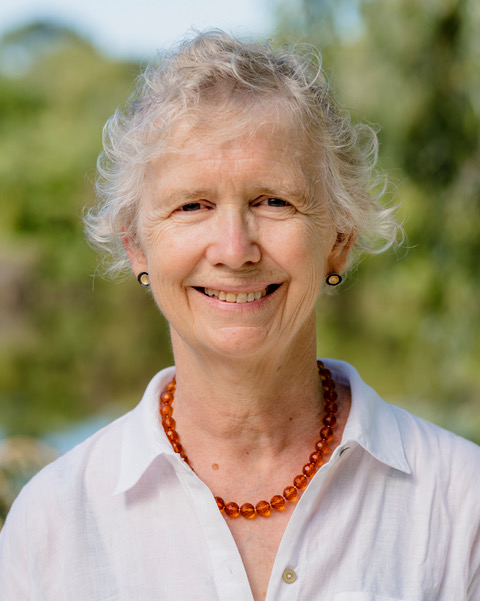Religion Around Joan of Arc
The religion of Joan of Arc is one of the most puzzling aspects of her iconicity. She heard voices that she identified with God—but many have heard such voices. She lived a life of vowed virginity and ascetic habits—but again, many have done that. This book makes the argument that we can only understand Joan’s enduring appeal if we hear her as a religio-political thinker—a vernacular political theologian--not as a saint or an action hero. She solved the most significant political theological problem of her time—maybe of all time. In modern terms, she solved the church/state problem—the problem of the separation of religion and politics—on her own terms. Acting for the people, she made a king and a nation, forcing church and state to live with her decision. Her speech and action reveal a catholic religious world that is not clerically limited in its imaginary—practically or morally speaking. Her clarion confidence and conviction bespeak a religion we do not usually see, hobbled as we are by deference to the modern delineation of religion by religious and political authorities. Joan was, then, both a genius who should be admired for her own vision and accomplishments and a window onto an alternative religio-legal and political world—a world beyond the church and the state as they conceive themselves, now and then.
Winnifred Fallers Sullivan is Provost Professor of Religious Studies at IU Bloomington and Affiliate Professor of Law in the Maurer School of Law. She is also co-Director of the IU Center for Religion and the Human. Her research lies in understanding the phenomenology of religion under the modern rule of law. She is the author of five books on topics ranging from the jurisprudence of the First Amendment’s religion clauses to the legal and religious role of the chaplain and her ministry.

 The College of Arts
The College of Arts